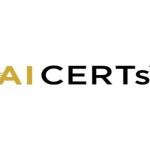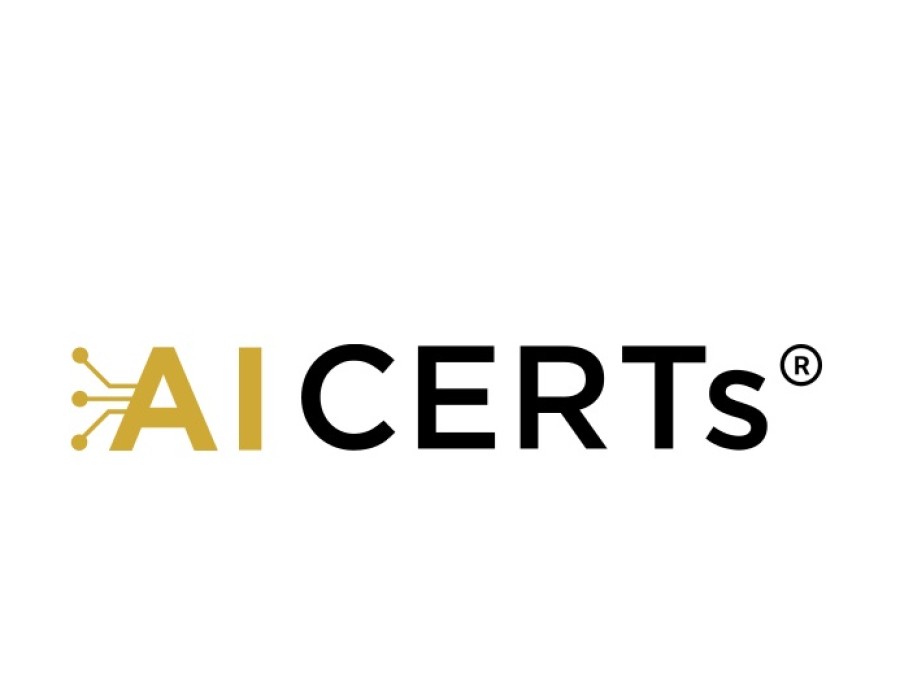Artificial Intelligence (AI) has become one of the fastest-growing fields, influencing industries from healthcare and finance to education and logistics. As companies continue to invest heavily in automation and data-driven decision-making, professionals are asking the same question: Is pursuing AI certification in 2025 truly worth it?
The short answer—absolutely, yes. But the real value lies in choosing the right pathway, understanding how certifications align with career goals, and staying updated with industry demands.
Why AI Certifications Matter in 2025
The demand for skilled professionals in AI is skyrocketing, and traditional degrees alone may not be enough to stand out in a competitive job market. AI certifications offer a structured way to demonstrate your skills and knowledge to employers. They also validate expertise in areas such as machine learning, natural language processing, neural networks, and AI governance, giving professionals an edge over others without specialized credentials.
With hiring managers increasingly looking for proven expertise rather than just theoretical knowledge, certifications act as tangible proof of skill. In 2025, they continue to serve as a bridge between academic learning and real-world application.
The Value of Artificial Intelligence Certification
For professionals considering a Artificial intelligence certification, the benefits extend beyond just adding a line to your résumé. Certification courses often provide hands-on projects, industry case studies, and exposure to cutting-edge tools used by organizations worldwide. This practical experience ensures that learners not only understand the concepts but can also implement them in real-world scenarios.
Moreover, these certifications signal a commitment to continuous learning—a trait highly valued by employers who seek adaptable talent capable of evolving with fast-changing technology.
Exploring AI Certification Programs
Not all certifications are created equal, and choosing the right one requires research. High-quality AI certification programs are typically designed in collaboration with industry experts and cover specialized areas such as deep learning, robotics, AI ethics, and computer vision. Many programs also include mentorship opportunities, portfolio projects, and access to professional communities.
When selecting a program, it’s important to consider:
- Accreditation – Is the program recognized by reputable institutions?
- Curriculum depth – Does it cover both foundational and advanced topics.
- Industry relevance – Are the skills aligned with current and future job market needs.
- Support - Does it offer career guidance, networking, or hands-on labs.
These factors can make the difference between a certificate that adds real value and one that doesn’t stand out.
Building Careers with AI Career Certification
Earning an AI career certification can directly impact professional growth. Certified individuals often gain access to higher-paying roles, promotions, or even leadership positions within AI-driven projects. Employers see certified professionals as less risky hires because they have proven skills and a strong foundation.
For career switchers, certifications can also act as an entry point into AI. They provide a structured, guided approach for those transitioning from fields like software development, data analytics, or engineering into AI-related careers.
Why You Should Enroll in AI Certification in 2025
The decision to enroll in AI certification depends on career goals, but for most professionals, it’s a wise investment. In 2025, certifications are not only more specialized but also more accessible through online platforms and universities. Whether you’re looking to upskill, switch industries, or enhance your professional credibility, enrolling in certification provides both knowledge and recognition.
Additionally, organizations increasingly partner with certification providers to train employees, meaning these programs are gaining broader industry acceptance.
Conclusion
In 2025, AI certifications are more than just résumé boosters—they’re career accelerators. While not a substitute for real-world experience, they provide the knowledge, credibility, and confidence that employers value. With the field of AI advancing at lightning speed, certifications help professionals stay relevant and future-ready.
Ultimately, the worth of certification lies in how you leverage it: applying skills, solving real-world problems, and continuously evolving as technology does. For those serious about building or advancing a career in AI, certification remains one of the smartest investments they can make in the years ahead.






Comments